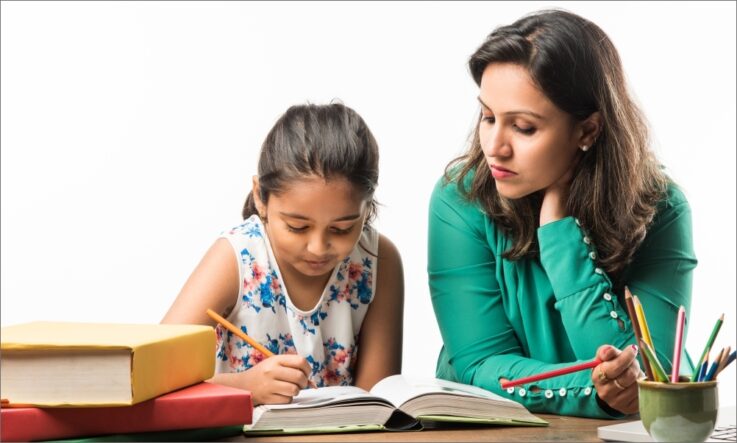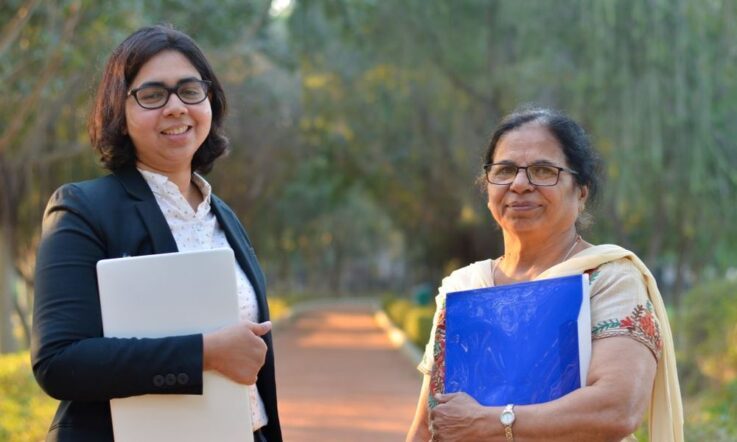'Collaboration is at the heart of teaching and learning and the key to the professional learning of educators. It is also at the heart of this special issue of Teacher.’
These were the words that Dr Steve Holden, the then Editor of the Teacher India print magazine, and I – at that time the Chairperson of National Progressive Schools’ Conference (NPSC) – wrote in the January-March 2017 editorial.
The special issue was the first ever attempt to publish a volume with contributions by NPSC member principals and teachers. Unsurprisingly, Teacher magazine gained an unparalleled reputation in a short time, attracting collaboration with an association of 160 schools in India committed to quality education, innovation, and professional development.
It is overwhelming to recount the publication of my first article on value education in the January 2013 issue. At that time, six of my colleagues from Ahlcon International School were contributing articles for the first time and continued to write for the print magazine until its final issue last year.
In addition, more than a dozen new practitioners in my network who contributed hesitatingly as ‘first-timers’ matured into professional academic writers. One such story stands out and deserves mention. Dr Suresh Joshi, a physics educator, authored his first article for Teacher India and never looked back after that. He wrote several articles in the magazine, developed interest in research and analysis, took up a research position at the University of Texas, USA, and transitioned from school to university teaching − quite an uncommon phenomenon in India.
A timely, well-organised, inspiring, and stimulating educational magazine as a resource for community learning can create magic for teachers. The content must be retainable, sustainable, researched, full of in-depth knowledge, and encourage critical thinking and problem-solving within the teaching community. Apart from reporting recent developments in the sector, it should broaden the horizon of educators, encourage them to express their ideas, and improve their public image.
The Teacher India print magazine had an impeccable decade of proven track record on all these counts.
Very few publications live up to the promises they make and the causes they espouse. ACER's Teacher – aiming to create a professional development community for educators – has covered topics that educators require to empower themselves. Stories on change-makers, classroom practices, ideas from across the world on improving learning, reframing of curriculum, pedagogy, assessment, and leadership found their place in the glossy pages. Scholarly discussions on deep learning pedagogies, life-skills education, assistive technologies, and online teaching have enriched readers' experiences. In the true sense, Teacher passed on the knowledge like an experienced, wise, and trusted friend.
Teacher’s newly-launched digital stream of content for educators in India is the start of another journey, and I am looking forward to being a part of the online community and watching it grow.
Contributions by experts in any magazine are stories that people are willing to tell the audience, and in Teacher, educators speak about innovations and school-based research. Magazines and journals provide incubation for honing the art of reflection, enquiry, and challenging the status quo.
In the last two years, education has changed radically. Educators have a responsibility to future-proof societies through transforming our school classrooms. Gurudev Rabindranath Tagore spoke about creativity and joy in learning, which lie at the heart of individual growth.
Sharing of knowledge and learning from colleagues are the essence of a dynamic and result-oriented teaching community. Magazines like this one should augment the quest of learning, growing, and reaping the fruits of learning together.
A message from Teacher Editor Jo Earp:
Research shows that high quality teaching and leadership teams learn from each other's practices. There are lots of ways you can join the ongoing collaboration of experience and expertise that is happening through Teacher magazine. If you’d like to share what’s happening at your own school, we’ve put together a quick guide to making a reader submission, with further details at this page. Alternatively, you can email the editorial team (teachereditorial@acer.org) and we’ll be in touch. You can also sign up to our regular email bulletin for India, to get the latest content delivered straight to your inbox.
We look forward to you being a part of the Teacher community.



